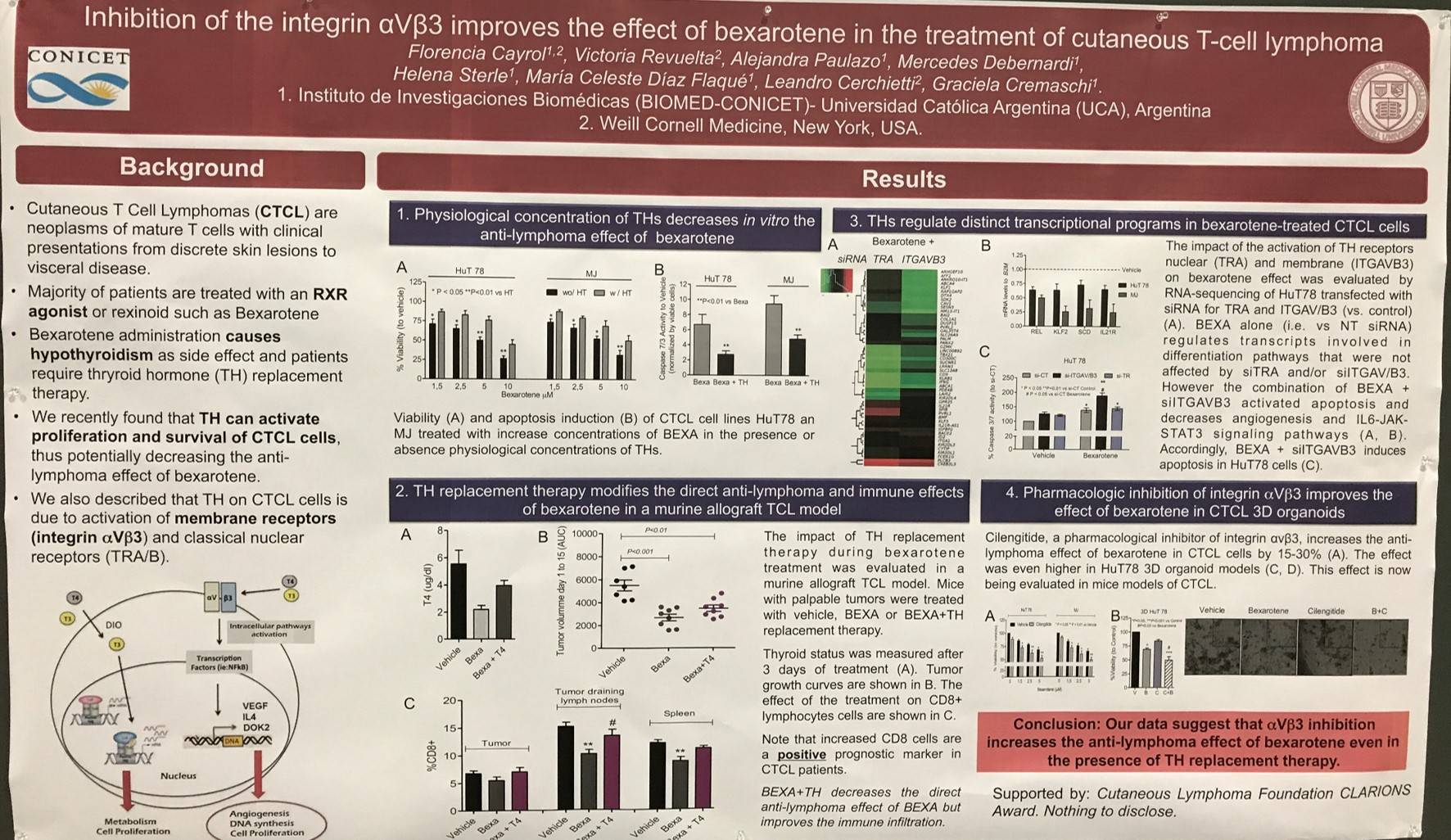All content on this site is intended for healthcare professionals only. By acknowledging this message and accessing the information on this website you are confirming that you are a Healthcare Professional. If you are a patient or carer, please visit the Lymphoma Coalition.
The Lymphoma Hub uses cookies on this website. They help us give you the best online experience. By continuing to use our website without changing your cookie settings, you agree to our use of cookies in accordance with our updated Cookie Policy
Introducing

Now you can personalise
your Lymphoma Hub experience!
Bookmark content to read later
Select your specific areas of interest
View content recommended for you
Find out moreThe Lymphoma Hub website uses a third-party service provided by Google that dynamically translates web content. Translations are machine generated, so may not be an exact or complete translation, and the Lymphoma Hub cannot guarantee the accuracy of translated content. The Lymphoma Hub and its employees will not be liable for any direct, indirect, or consequential damages (even if foreseeable) resulting from use of the Google Translate feature. For further support with Google Translate, visit Google Translate Help.
AACR 2017 | Poster 3132/21 – Inhibition of the integrin αVβ3 improves the effect of bexarotene in the treatment of Cutaneous T-Cell Lymphoma
Bookmark this article
At the American Association for Cancer Research (AACR) annual meeting in Washington, DC, USA, on Tuesday 4th April, a poster session titled “Molecular Medicine” took place.
One of the posters on display (3132 / 21) was titled “Inhibition of the integrin αVβ3 improves the effect of bexarotene in the treatment of cutaneous T-cell lymphoma (CTCL)” by Florencia Cayrol from the Biomedical Research Institute, Buenos Aires, Argentina, and colleagues.
The group aimed to evaluate how the anti-lymphoma activity of bexarotene (BEX) is affected by activation of the classical nuclear Thyroid Hormone Receptor (TR) and the membrane receptor integrin αVβ3 during Thyroid Hormone (TH) replacement therapy.
Key Highlights:
- BEX decreased viability of HuT78 and MJ CTCL cells
- Physiological concentration of THs decreased the anti-lymphoma effect of BEX by 25–60% and 20–50% on HuT78 and MJ cells
- In a mouse allograft TCL model, BEX plus TH reduced the direct anti-lymphoma effect of BEX but enhanced immune infiltration
- RNA-sequencing in HuT78 cells treated with BEX-T4 in presence of siRNA for TR, αVβ3, or controls; genes involved in apoptosis, angiogenesis, and IL6-JAK-STAT3 signaling were differentially expressed in si-αVβ3 vs the others
- Pharmacologic inhibition of integrin αVβ3 by cilengitide increased the anti-lymphoma effect of BEX in CTCL cells by 15–30%; was higher in HuT78 3D organoid model
The effect of cilengitide on the efficacy of BEX is currently being analyzed in murine CTCL models. The poster was concluded by stating that these data indicate that, even in the present of TH replacement therapy, inhibition of the integrin αVβ3 improves the efficacy of bexarotene in CTCL.

- Cayrol F. et al. Inhibition of the integrin αVβ3 improves the effect of bexarotene in the treatment of cutaneous T-cell lymphoma (CTCL) [Poster]. In: Proceedings of the 107th Annual Meeting of the American Association for Cancer Research; 2017 Apr 1-5; Washington, DC. Philadelphia (PA): AACR; 2017. Poster nr [3132 / 21].

Understanding your specialty helps us to deliver the most relevant and engaging content.
Please spare a moment to share yours.
Please select or type your specialty
 Thank you
Thank youRelated articles
Newsletter
Subscribe to get the best content related to lymphoma & CLL delivered to your inbox








